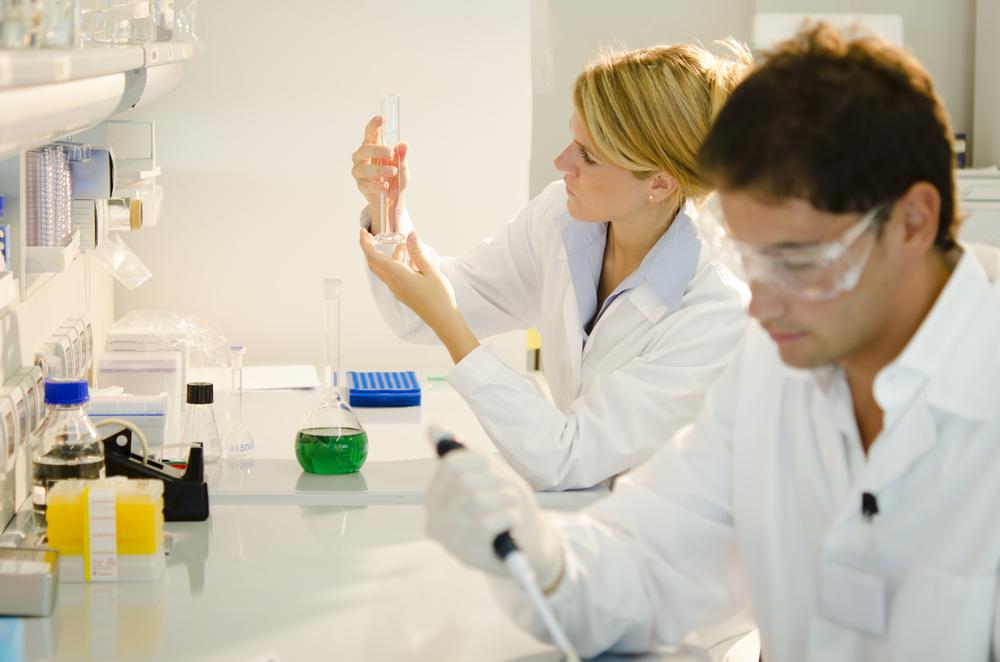Latest Breakthroughs in Stem Cell Innovation and Research
Explore recent breakthroughs in stem cell research, highlighting ethical innovations and medical advancements that could revolutionize treatments for diseases such as Alzheimer’s, Parkinson’s, and lung injuries. The article covers historical progress, regulatory developments, and recent scientific achievements in tissue and organ regeneration using stem cells.

Latest Breakthroughs in Stem Cell Innovation and Research
Recent advancements in stem cell science have opened new avenues for medical treatment, all while addressing ethical debates. Stem cells are unique, undifferentiated cells capable of transforming into various specialized cell types, holding promise for treating numerous conditions. Ongoing research aims to develop methods of utilizing embryonic stem cells that avoid ethical issues, focusing on tissue and organ regeneration. These self-renewing cells can repair tissues and organs, offering hope for diseases like Alzheimer’s, diabetes, Parkinson’s, and lung injuries.
Progress in Stem Cell Science
Stem cell research has been active since the 1980s, often met with controversy. Early efforts included fertilizing mammalian eggs outside the body. In the early 2000s, U.S. presidents Bush and Clinton supported research on embryonic stem cell lines and fetal tissues. In 2004, scientists claimed to clone a human blastocyst, though later discredited. Regulations were established in 2008 to ensure ethical research practices. Recently, German scientists reviewed advances in understanding stem cell regulation, alongside breakthroughs like creating red blood cells from stem cells in 2001 and developing heart tissue from skin cells in 2016.










